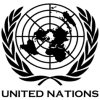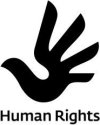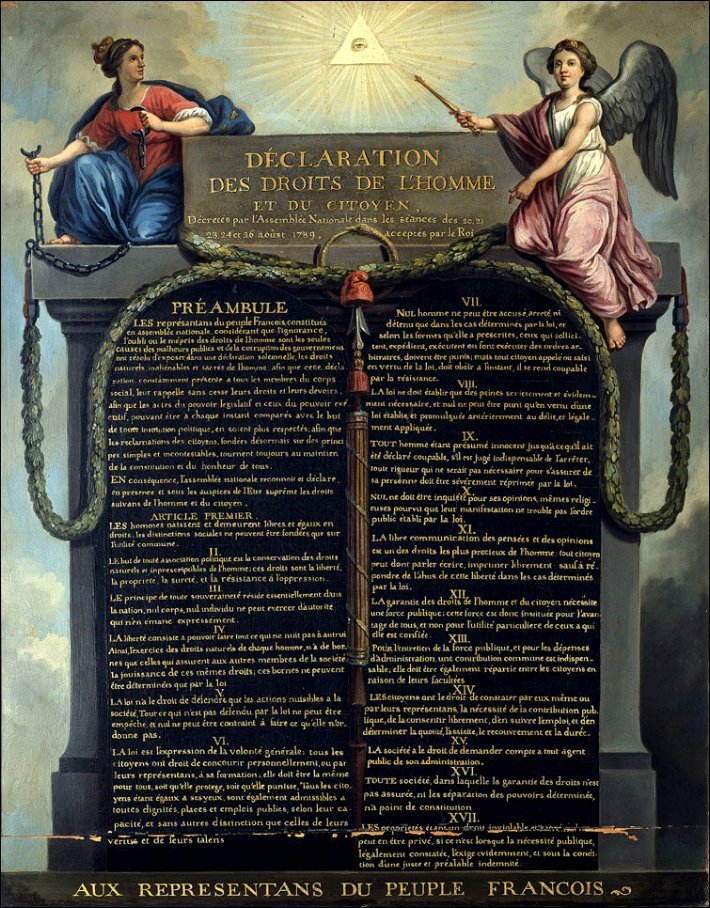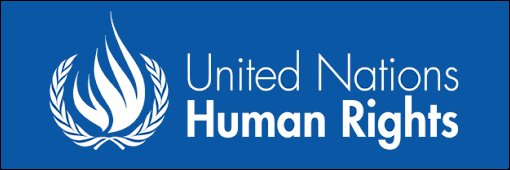Human Rights
—
DÉCLARATION DES DROITS DE L’HOMME ET DU CITOYEN
[Declaration of the Rights of Man and of the Citizen]
(1789)
![]()
—![]()
 |
 |
 |
 |
 |
—
![]()
—
—
UNIVERSAL HUMAN RIGHTS DECLARATION (UN)
(1948)
—
—
The Universal Declaration of Human Rights (UDHR) is a milestone document in the history of human rights. Drafted by representatives with different legal and cultural backgrounds from all regions of the world, the Declaration was proclaimed by the United Nations General Assembly in Paris on 10 December 1948 (General Assembly resolution 217 A) as a common standard of achievements for all peoples and all nations. It sets out, for the first time, fundamental human rights to be universally protected and it has been translated into over 500 languages. The UDHR is widely recognized as having inspired, and paved the way for, the adoption of more than seventy human rights treaties, applied today on a permanent basis at global and regional levels (all containing references to it in their preambles).
[from UN]
—

—

—
Article 21
1- Everyone has the right to take part in the government of his country, directly or through freely chosen representatives.
2- Everyone has the right of equal access to public service in his country.
3- The will of the people shall be the basis of the authority of government; this will shall be expressed in periodic and genuine elections which shall be by universal and equal suffrage and shall be held by secret vote or by equivalent free voting procedures.
—
—




